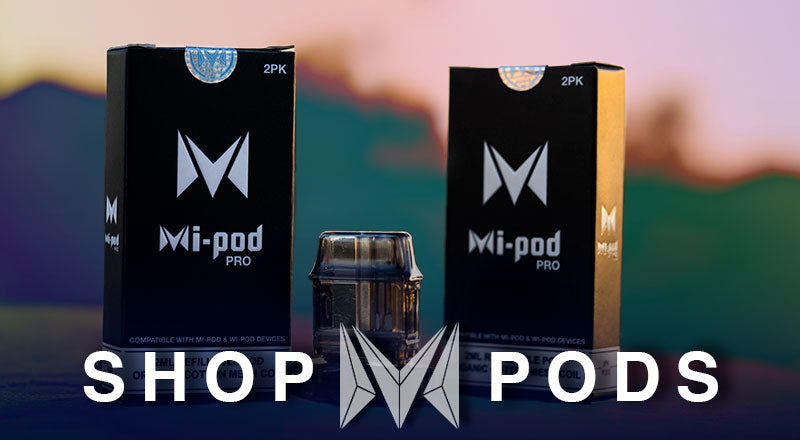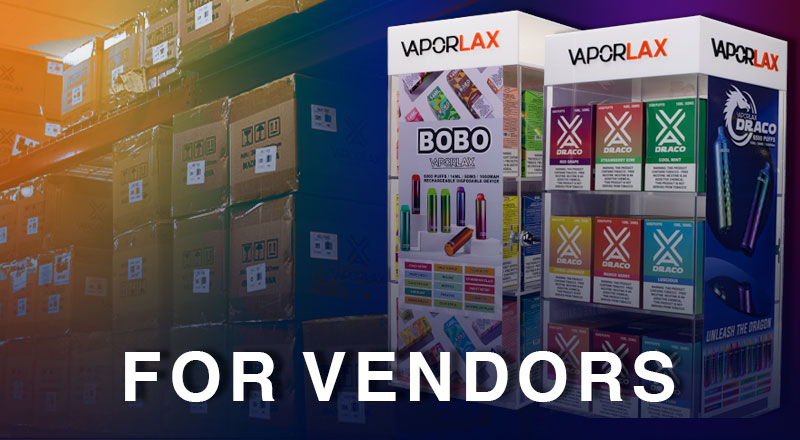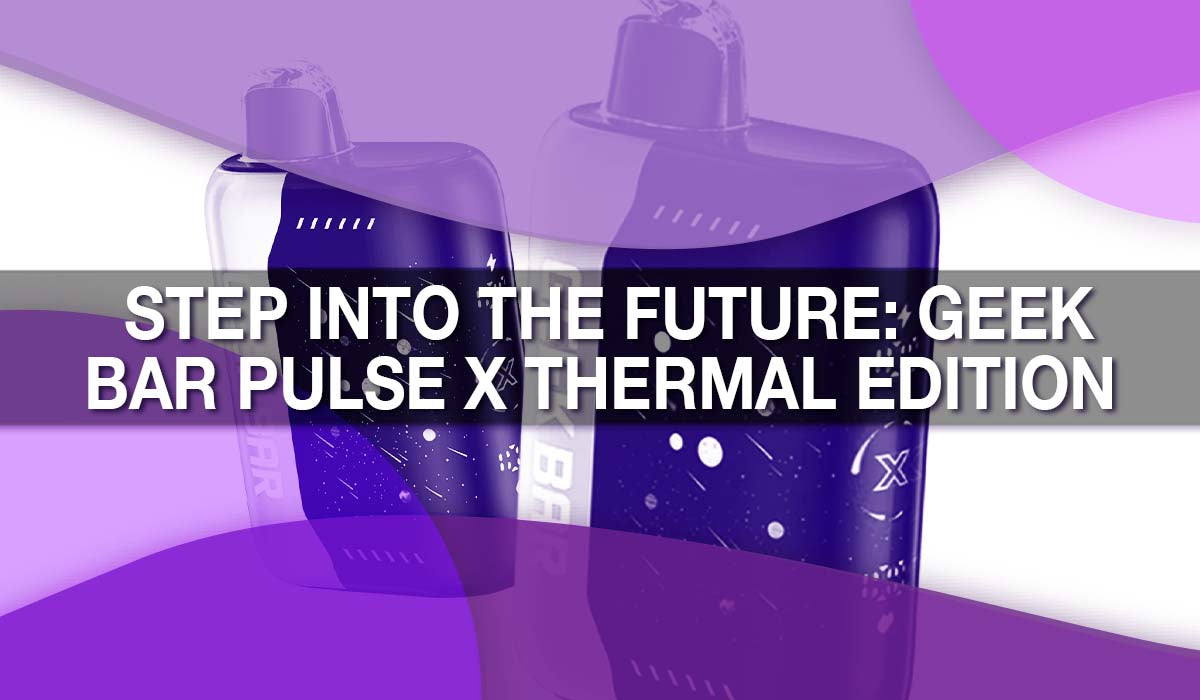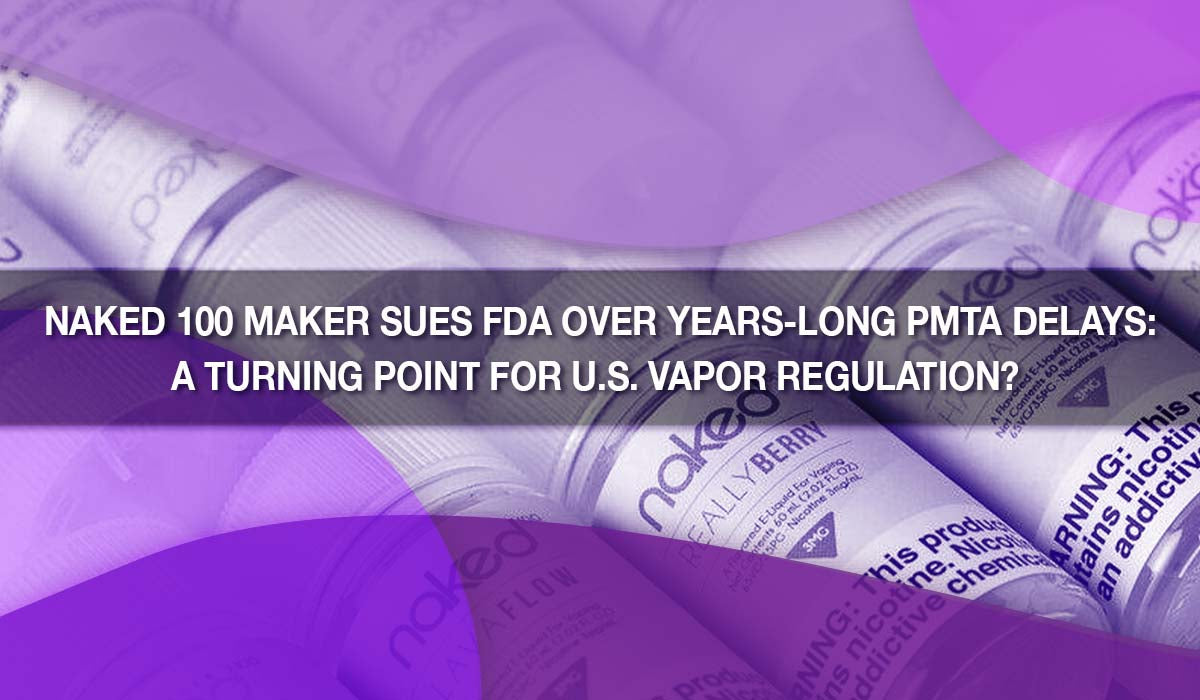BAT Pauses U.S. Launch of Vuse One as FDA Tightens Grip on Unauthorized Products
British American Tobacco (BAT) has hit the brakes on its planned U.S. pilot launch of the Vuse One disposable vape, signaling growing caution among major manufacturers as the FDA ramps up enforcement against products lacking marketing authorization.
BAT’s U.S. subsidiary, Reynolds American, confirmed it has postponed the launch, which was originally slated for a limited test in select states. The company said it will instead focus on its authorized products and oral nicotine portfolio — including a pouch line that, notably, also lacks an FDA marketing order.
⚖️ Regulatory Pressure Builds
The decision follows an FDA warning letter sent to Reynolds on September 17, requesting details about any sales or plans involving Vuse One. While Reynolds maintains that its delay predated the letter, the timing underscores a clear trend: the FDA is signaling zero tolerance for “pilot programs” involving unapproved products — even from the world’s largest tobacco companies.
In a statement, the agency reiterated that marketing unauthorized nicotine products remains illegal, adding that it “takes such matters seriously.”
🏭 Big Tobacco’s Balancing Act
BAT’s retreat comes as Philip Morris International (PMI) and Altria take divergent approaches to the same regulatory challenge.
PMI recently walked back comments about testing unlicensed Zyn variants, with CEO Jacek Olczak clarifying that the company’s “Plan A” remains full FDA compliance. PMI’s recalibration follows reports that the FDA is preparing a streamlined PMTA review pilot for nicotine pouches — an attempt to modernize the notoriously slow authorization process.
By contrast, Altria plans to move forward with a limited test of a new On! nicotine pouch, despite lacking FDA authorization. The product is already available online, suggesting the company is testing the boundaries of enforcement discretion.
🚀 An Uneven Playing Field
While major manufacturers tread carefully, the U.S. market is dominated by mostly China-made disposable vapes, which continue to dominate retail sales and consumer preference.
Analysts estimate that the disposable segment now commands the majority of the $22 billion U.S. nicotine alternatives market, with consumers gravitating toward high-flavor, high-puff devices. With more advanced technology, their performance greatly exceeds the outdated and expensive to operate e-cigarette devices that have received an FDA Marketing Granted Order (MGO).
For BAT, PMI, and Altria, this creates a near-impossible balancing act — complying with a regulatory process that can take years, while watching unregulated competitors move faster and cheaper.
🧩 FDA’s Next Moves Under the Microscope
The FDA’s new pilot program for nicotine pouch PMTAs, introduced and Bret Koplow, aims to speed review timelines without compromising scientific rigor. However, advocacy groups like the Campaign for Tobacco-Free Kids have already criticized the initiative as a potential weakening of the agency’s standards.
Industry leaders, meanwhile, see it as an overdue step toward restoring balance between enforcement and innovation.
🔍 The Takeaway
BAT’s pause on Vuse One reflects the industry’s deep uncertainty under the current FDA framework. With thousands of unapproved products still on shelves — and only a handful of authorized devices — the regulatory system is struggling to keep pace with market reality.
While the FDA promises stronger enforcement, its credibility will depend on whether it can also deliver a workable pathway for legal, reduced-risk products.
For now, BAT’s move marks a rare show of restraint in a volatile market — and a reminder that even the biggest players are waiting for clearer rules before taking their next step.






Leave a comment
This site is protected by hCaptcha and the hCaptcha Privacy Policy and Terms of Service apply.